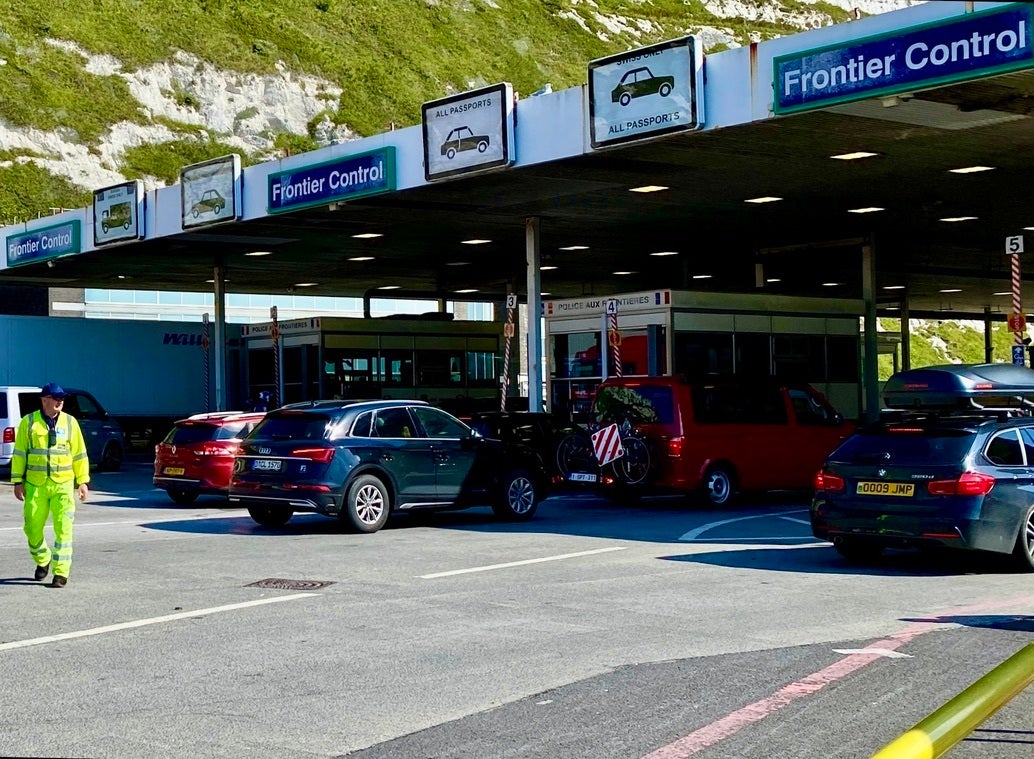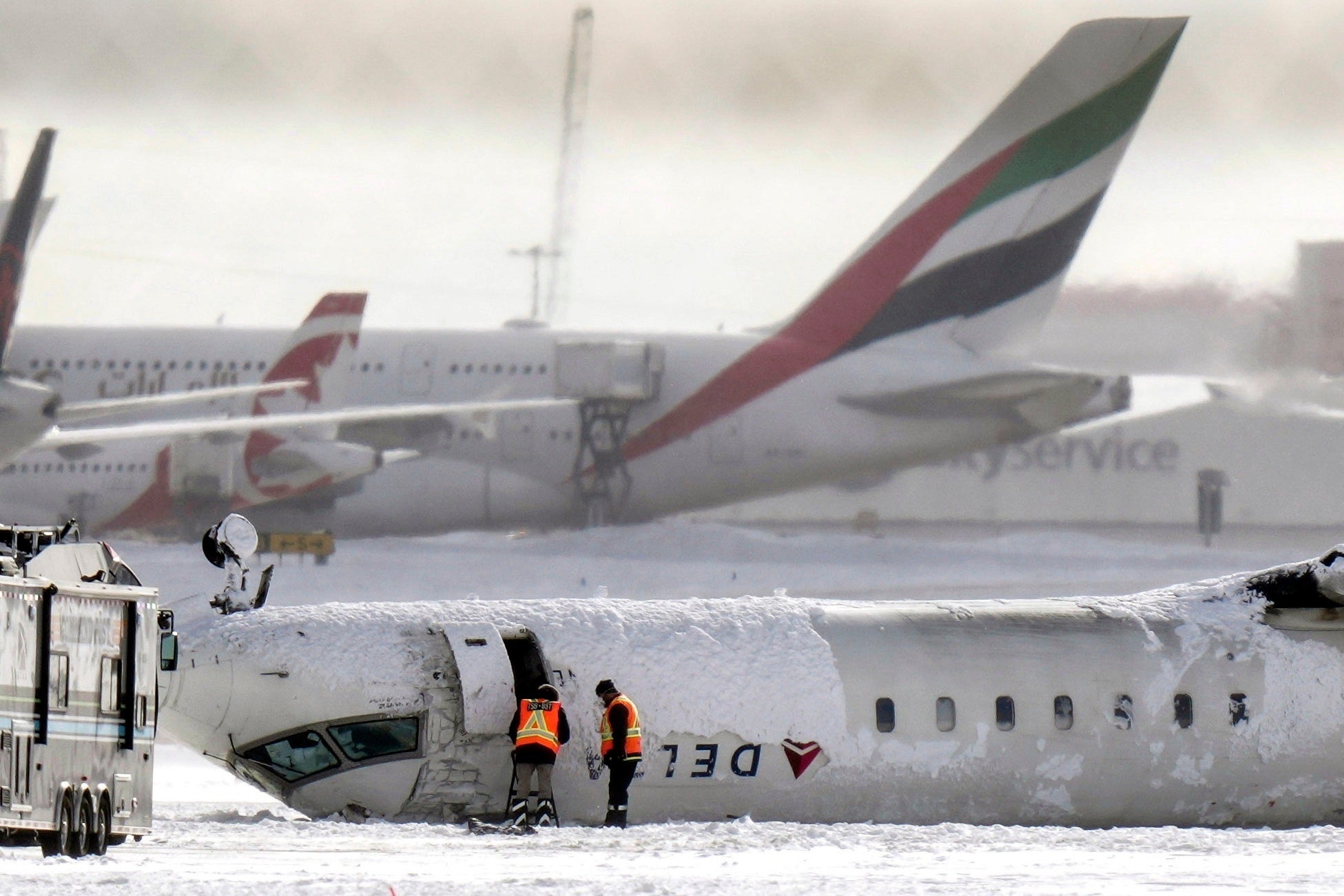Will online search cookies fatten up the price of my flight?
Simon Calder answers your questions on fare quote urban myths, dodging the 90-day Schengen rule, escaping Singapore, and taking carry-on luggage with you in an emergency


Q Does searching online affect the prices that I am quoted?
Miles V
A Many people believe that repeatedly looking for flights or holidays online causes the fare to rise. The travel firm, they believe, is tracking their search history and will increase the price when they come to book. A BBC TV programme in 2017 told viewers: “Whenever you’re booking a flight, make sure you clear the cookies from your computer first. Websites remember when you visit, what you search for, which sites you look at, and if you go repeatedly, they hoik the price up.” The implication: if you’re after a flight from Manchester to Malaga, and you’ve been looking day after day, the airline will know about it. Sensing your interest, it will push up the price. As proof, I would need to see a simultaneous search for the same product on one computer with cookies and a “clean” device. Unless and until that happens, I will presume this is a powerful urban myth.
Thanks to the wide range of fare-comparison websites you can find out in an instant what the prevailing fare is on a specific departure on a particular route. In some rare cases, it may increase while you’re booking – usually if you’re competing with other people for the first tranche of seats released by an airline. But there is no secret tracking going on. I sometimes come up with deals for broadcasts. I research them a day or two ahead, and then on the day of transmission to make sure they are still accurate. I did exactly that this week. Of five flights and holidays, three stayed the same, one on easyJet went up (by £6) and one on Ryanair came down (by £15).
A neat reversal of this approach happens with British Airways if you book direct: always check the price the following day. BA allows you to claim a full refund without penalty up to 24 hours after booking. I have done this in the past: if the price has fallen, I cancel the original and buy at the new, lower price.

Q I have been granted two British passports for professional reasons. When the new European travel system begins, will each one be treated individually or will the new system link them together? If they are separated, in theory, I could spend 90 days in the EU with each passport and avoid the “maximum 90 days in 180 days” rule.
Geoff B
A As a reminder: when the UK left the European Union, our government successfully negotiated for us to become “third-country nationals” in the eyes of the EU and the wider Schengen area (including Iceland, Norway and Switzerland, but not Cyprus or Ireland). We are therefore subject to the same rules as visitors from Nicaragua, Samoa, Venezuela and many other countries.
One condition that many British travellers find onerous is the limit on the number of days we can spend in Europe. The maximum is 90 days in any 180 days. If, for example, you spend the first three months of the year in the EU, you must then leave and cannot return until the end of June. This is particularly tricky for some with property or family abroad.
At present the rule is solely enforced by border officials checking the entry and exit stamps in a passport. I have no doubt that some people fortunate enough to have two UK passports are exploiting the analogue system of stamping passports rather than using a centralised database to overstay the 90/180-day limit. They could leave Schengen by the nearest frontier, get stamped out and immediately come back in using the other passport.
The much-delayed EU entry-exit system, which was supposed to link all frontier posts across Europe, was due to take effect in November 2024. IT and logistical shortcomings led to it being indefinitely postponed. When finally the EES appears, I imagine it will have software to detect cases of people with multiple passports – using data on name, date and place of birth and appearance to link the two documents together. So, yes people could breach the rules play the system now but in future, I don’t believe you could. And for the avoidance of doubt: I urge everyone to observe all the rules about entry and stay in foreign countries.

Q In your recent article about flying business class on Emirates, you said that you had researched airfares and found a flight from Singapore to Australia in the middle of the night. Can you say how you approached the task?
Dominic R
A The background: on 31 January, I was booked to fly from Singapore to Melbourne on a late-evening Jetstar flight. As I approached the gate, the trip was cancelled due to a sick pilot. I was travelling to Melbourne for an event on the evening of 1 February, and was getting increasingly stressed about making it; my original British Airways flight from London Heathrow to Singapore had been cancelled, too.
Unlike most of the people on the cancelled flight, I had no baggage. I believed that placed me in a reasonably good position: I could perhaps be rebooked on a flight with Jetstar’s parent company, Qantas, and race across the airport to grab a seat to Sydney (the overnight Melbourne flight had already left). At least I would be in the right country the next morning. But the Jetstar representative said I had two options: wait until the following night for a fresh Jetstar flight, or apply for a refund. The European air passengers’ rights rules that we enjoy – requiring a cancelling airline to find an alternative flight as soon as possible – do not apply in Asia or Australia.
By this stage, there was no possibility of finding an overnight flight to anywhere in eastern Australia. All the remaining departures were going north or west, not southeast. So using Flightradar24’s facility to see all the impending departures from Singapore, I looked at flights the following morning. The obvious candidate was the 7.45am on Singapore Airlines to Melbourne. But it was fully booked.
The only option at this stage was the 10.10am on Emirates. Seats were available, but only in business class. Rather than pay an astonishing £3,500 for a cash ticket, I transferred the necessary number of American Express reward points to my Emirates Skywards frequent-flyer account and used those – but only once I was confident flight EK404 had taken off from Dubai to Singapore on time. The plane arrived 15 minutes late in Melbourne but I was just in time for the main event. I have yet to get a refund for the Jetstar flight.

Q I have been following the dramatic story of the Delta plane in Toronto, and I think I have an idea to get people to leave carry-on luggage in an emergency: tell people that, in the unlikely event of an emergency evacuation, they will receive a significant fine if they have any luggage with them once outside the aircraft. Anything that makes even a small difference to the number of people evacuating with luggage would be a good thing. But do you think the airlines would be reluctant to put this message out?
Mark D
A When I saw the first horrifying image of the Delta Air Lines jet, overturned on the runway at Toronto, I feared there would be a heavy loss of life. Remarkably, everyone escaped alive from the plane. It must have been the most terrifying ordeal: you are coming into land and suddenly the plane hits the ground and loses a wing, then the lift from the other wing flips the aircraft over. Somehow everyone managed to extricate themselves after dangling vertically from their seat belts. Just like the last emergency evacuation at Toronto two decades ago, of an Air France plane, the cabin crew’s professionalism and training shone through and saved lives.
Two things concerned me: at least one passenger chose to start videoing the evacuation from inside the aircraft at a time when every second counts, and a fair number of passengers grabbed their cabin baggage before exiting the plane. Aviation safety experts are fully aware of the increased risk hand luggage can pose: slowing down the evacuation, possibly damaging the slides and having objects that could cause injury in extremely stressful and fast-moving circumstances.
Various solutions have been proposed, including locking baggage lockers. That idea has not been adopted for fear that it could delay things still further if people waste time trying to retrieve their possessions.
Yours is a radical solution – and one that I would like to see tested. It would need to be mandated by an aviation authority, but anything that potentially saves lives should be considered and, if it works, welcomed by airlines. I shall pass on your idea to contacts in the aviation safety business.
Email your question to s@hols.tv or tweet @SimonCalder
Join our commenting forum
Join thought-provoking conversations, follow other Independent readers and see their replies
Comments
Bookmark popover
Removed from bookmarks